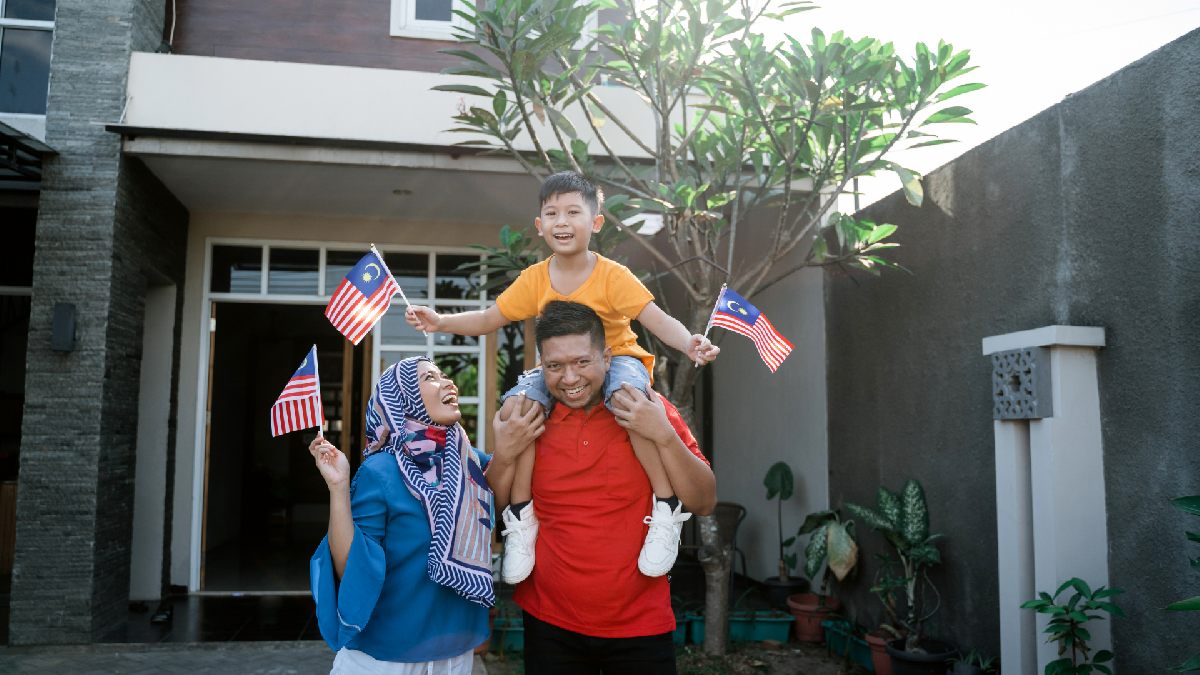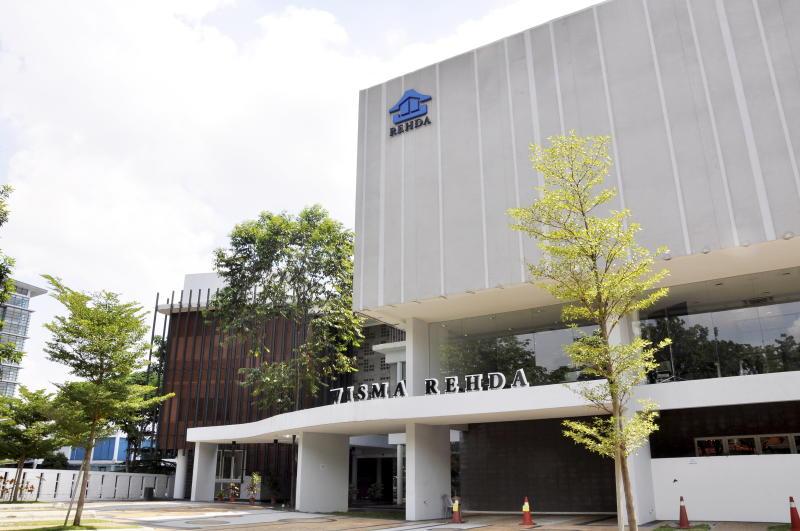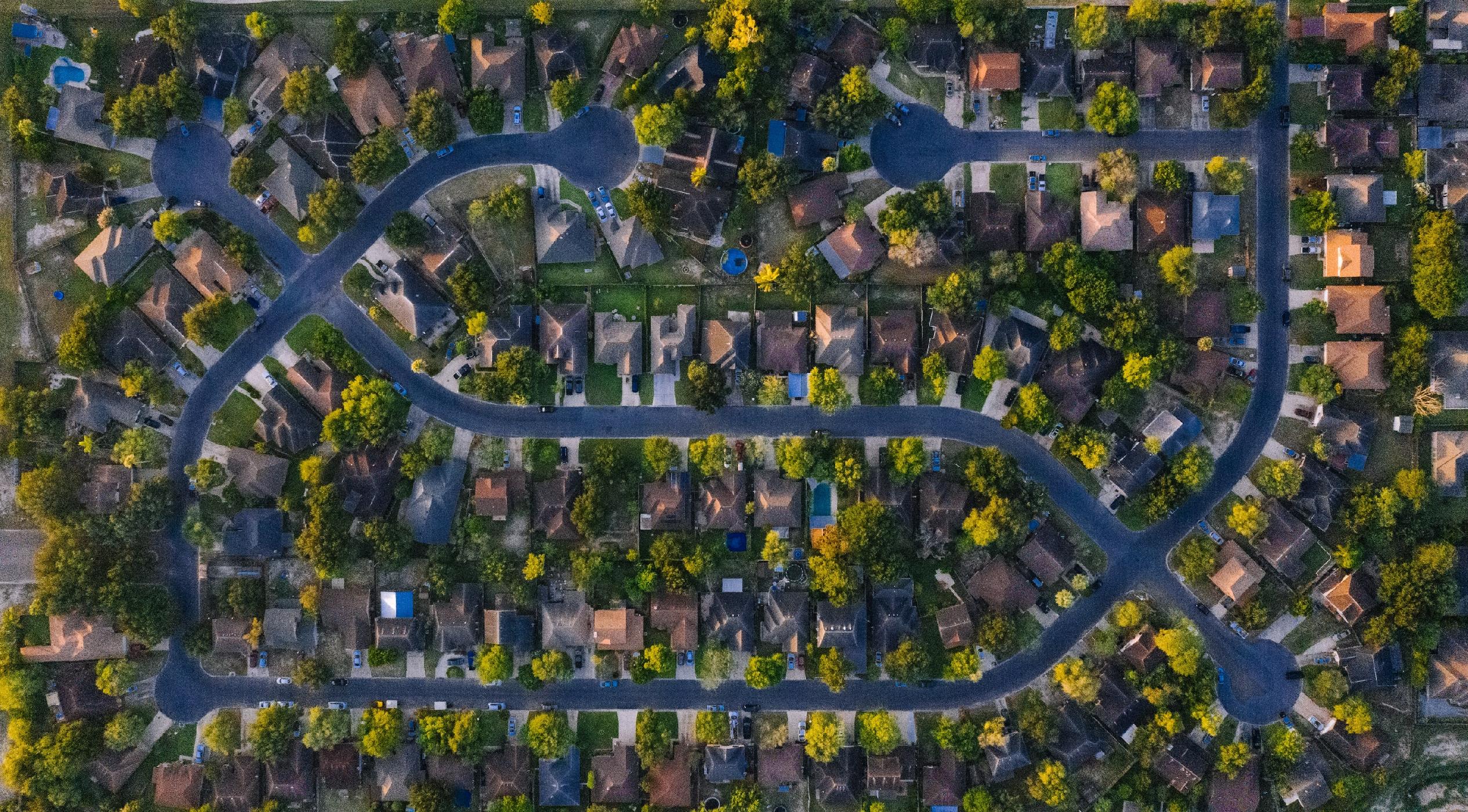Any houses priced above RM700,000 has been hardest to sell and this has resulted in the current residential oversupply being "the longest†ever.
The Valuation & Property Services Department's (JPPH) Property Market Report 2016 showed that there were 14,792 local overhang units worth RM8.56 billion last year, up by 43.8% in volume and 70.7% in value, against 2015.
Stringent lending rules is a major factor contributing to the rise in unsold stocks in the property market.
House buyers have been struggling to obtain loans because of measures introduced by banks since 2010 to curb excessive speculative activities in the housing market and prevent over-borrowing.
In a poll of 1,655 respondents based on the House Buyers' Survey 2017 by Real Estate And Housing Developers' Association Malaysia (Rehda) announced in April, 56 per cent said they were looking to own a home this year, mainly within the KLCC area and Kuala Lumpur city centre.
About 38 per cent of them are first-time house buyers, 30 per cent repeat buyers, 23 per cent investors, six per cent expatriates and three per cent tenants.
However, stringent lending rules continue to be a major deterrent, especially for first-time home buyers.
But there could be good news for them in the forthcoming 2018 Budget as Rehda is proposing several measures to the government to help first-time house buyers to own a property.
Firstly, the association is urging the government to waive Goods and Services Tax (GST) on construction material for development of affordable housing priced at RM500,000 and below.
Its president Datuk Seri FD Iskandar said at a luncheon on REHDA's 2018 Budget Wishlist, here, last month that by waiving the GST it would seriously help first-time home buyers.
More developers will also come forward to build affordable houses, he said.
The GST was implemented on April 1 2015 and this was the first time that Rehda had proposed for a GST exemption on construction materials for houses priced RM500,000 and below.
FD Iskandar said while Rehda supported the introduction of GST to make taxation more comprehensive, efficient, transparent and business-friendly, the imposition of the tax has resulted in rising input prices.
He said as residential properties are categorised as an exempt supply, the disallowance of input tax credit has added on to the development cost.
Meanwhile, Rehda is also proposing to the government to introduce the Home Ownership Assistance Programme (HOAP), which he believes would help address the affordability issue faced by the first- time buyers.
Under this programme, developers will include the interest of the housing loan disbursed during the construction period.
The main objective of the proposal is to assist buyers at the early stage of purchase and ease their burden of having to service both their house rental and the loan interest during the construction period.
The HOAP is also aimed at existing homeowners who have sold their previous homes to upgrade and/or relocate.
This is for houses priced RM500,000 and below.
The Rehda wishlist also includes:
Employees Provident Fund (EPF) withdrawal
- Disbursement of 10 per cent downpayment from EPF to be channelled directly from the pension fund to the developer concerned without buyers having to pay the amount from their own savings or other sources.
- The percentage of contribution credited to EPF Account II to be raised to 50 per cent, from the current 30 per cent.
Stamp duty exemption
- The stamp duty waiver to be expanded to more properties of higher threshold, but under the affordable housing.
- The stamp duty exemption to be continued beyond December next year.
Special end-financing scheme
- To include private developers in the scheme or accord them other similar schemes towards realising the government's objective of encouraging homeownership among the rakyat.
- Introduction of a special end-financing scheme for PR1MA houses during 2018 Budget which provides buyers with end-financing up to 90% to 100%.
Solicitors' Remuneration (Amendement) Order 2017
- Residential properties with a selling price of up to RM500,000 be given special consideration and the legal fee structure applicable to such properties be reverted to the old structure.
Increase affordable housing supply
- To relief developers from the role of providing low-cost housing. The role should be reverted back to the government through one centralised body with a statutory power to build such houses.
- Government to identify and utilise government and state-owned land for the provision of affordable housing, especially if such land is not used optimally.
- Focus on building affordable housing by converting low-cost quota, which is low in demand to affordable housing with higher demand.
- Review planning requirements in order to facilitate and encourage supply of more of houses. The current planning policy for residential development based on density should be changed to plot ratio to enable sub-division of floor area into smaller units, thus increasing supply.
Cost of doing business
- To review and lower down or abolish unnecessary charges or requirements with the objective of reducing the costs of doing business so that savings can be passed on to house buyers in the form of more affordable housing.
- Private utility companies should not impose capital contribution charges on developers. Developers are already required to lay infrastructure in their development projects.
RM1 million threshold price for foreign property purchase
- A three-tiered pricing threshold approach to promote foreign investments in Malaysian property without compromising the interest of local buyers.
- The three-tier pricing threshold should be adopted according to the state and degree of urbanisation of the related property as highly urbanised areas (Kuala Lumpur), urbanised areas (Selangor, Melaka, Negri Sembilan, Johor, Penang) and less urbanised areas (Perlis, Kedah, Perak, Pahang, Kelantan, Terengganu, Sabah, Sarawak).
- Foreign acquisition threshold to be relaxed for completed properties which remained unsold six months after the issuance of Certificate of Completion and Compliance.
Revision of the Bumiputra quota policy
- The Bumiputra quota should be standardised across all states and should be capped at 30%.
- Bumiputra quota release mechanism should be standardised, structured and transparent across all states. The automatic release of unsold Bumiputra units to the open market shall be:
a) 10% to be released after six months from the launching date.
b) 10% to be released after 12 months.
c) Balance 10%to be released upon completion.
- Bumiputra discount rate should be standardised and capped at three to 5% for housing and five to 7% for commercial properties and should not be applicable to high-end properties.
_PH_Banner_(Desktop)(1200x180px).png)

.jpeg)







.jpeg)

